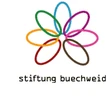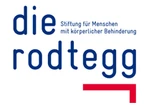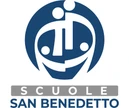- Quick navigation
- Home
- Open menu
- Page content
- Customer service
- Search
- Footer
Closed until Montag um 08:00 Uhr
Closed until Montag um 08:00 Uhr
Closed until Montag um 07:30 Uhr
Closed until Montag um 07:30 Uhr
Closed until Montag um 14:00 Uhr
Open until 12:45 Uhr
Closed until Montag um 08:30 Uhr
Closed until Montag um 08:00 Uhr
Closed until Montag um 07:30 Uhr
Closed until Montag um 08:00 Uhr
Closed until Montag um 08:00 Uhr
Closed until Montag um 08:00 Uhr
Closed until Montag um 08:00 Uhr
Closed until Montag um 08:30 Uhr
* No advertising material
Open now
Filter results
private school in all regions
: 967 Entries Closed until Montag um 08:00 Uhr
Closed until Montag um 08:00 Uhr
Closed until Montag um 07:30 Uhr
Closed until Montag um 07:30 Uhr
Closed until Montag um 14:00 Uhr
Open until 12:45 Uhr
Closed until Montag um 08:30 Uhr
Closed until Montag um 08:00 Uhr
Closed until Montag um 07:30 Uhr
Closed until Montag um 08:00 Uhr
Closed until Montag um 08:00 Uhr
Closed until Montag um 08:00 Uhr
Closed until Montag um 08:00 Uhr
Closed until Montag um 08:30 Uhr
* No advertising material


















